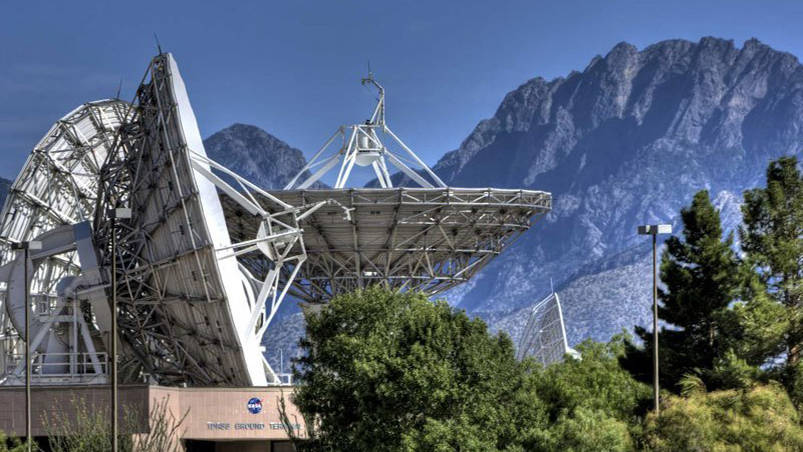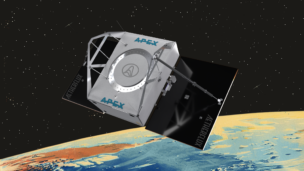The global space economy grew nearly 8% in 2024 to $613B, according to a report released Tuesday by the Space Foundation.
The growth was dominated by the commercial sector, which brought in $480B in revenue—accounting for more than three-quarters of the space economy last year. Commercial PNT services drove $231.4B in revenue, making it the top commercial space sector, followed by ground stations, direct-to-home TV, and satcom.
The remaining 22% was tied to government spending, with the US civil space budget topping the global charts. China, Europe, and Japan, in that order, rounded out the other top spenders.
The Space Foundation unveiled the report as part of the Innovate Space: Global Economic Summit held Tuesday near DC. Here are some key takeaways from the event.
Across the pond: US government officials are seeking input from industry on the impact of the EU Space Act initiative released last month. Janice Starzyk, the acting director of OSC, said her office is seeking to be a repository of info on the potential effects for US space companies. Starzyk urged American industry to reach out with feedback.
The State Department’s Valda Vikmanis-Keller also said her office has met with 100+ companies on the consequences of the new document. “The protectionist nature that we suspect is the direction this is going to go—these are some challenges, certainly, for US companies seeking to do business in Europe,” said Vikmanis-Keller, the director of the department’s office of space affairs. “We’re certainly hoping there is an opportunity for comments and input from impacted industry, government, et cetera.”
What to watch: Officials also telegraphed a few things to watch from the Trump administration, including:
- More action from the FCC on space—first on things they can change within their existing authorities, before eventually drafting a new framework for future commercial space operations. “We are early, but we are setting up the dominoes,” said FCC Space Bureau Chief Jay Schwarz.
- A Golden Dome plan in 60 days, according to Gen. Michael Guetlein, who manages the initiative at Space Force. Guetlein said he believes the greatest challenge of the system will be breaking down barriers between tech built in stovepipes.
- A new addition to the Artemis Accords. Vikmanis-Keller teased at the event that the accords will be adding a 56th member this week, hours before NASA announced Senegal will sign on Thursday.





